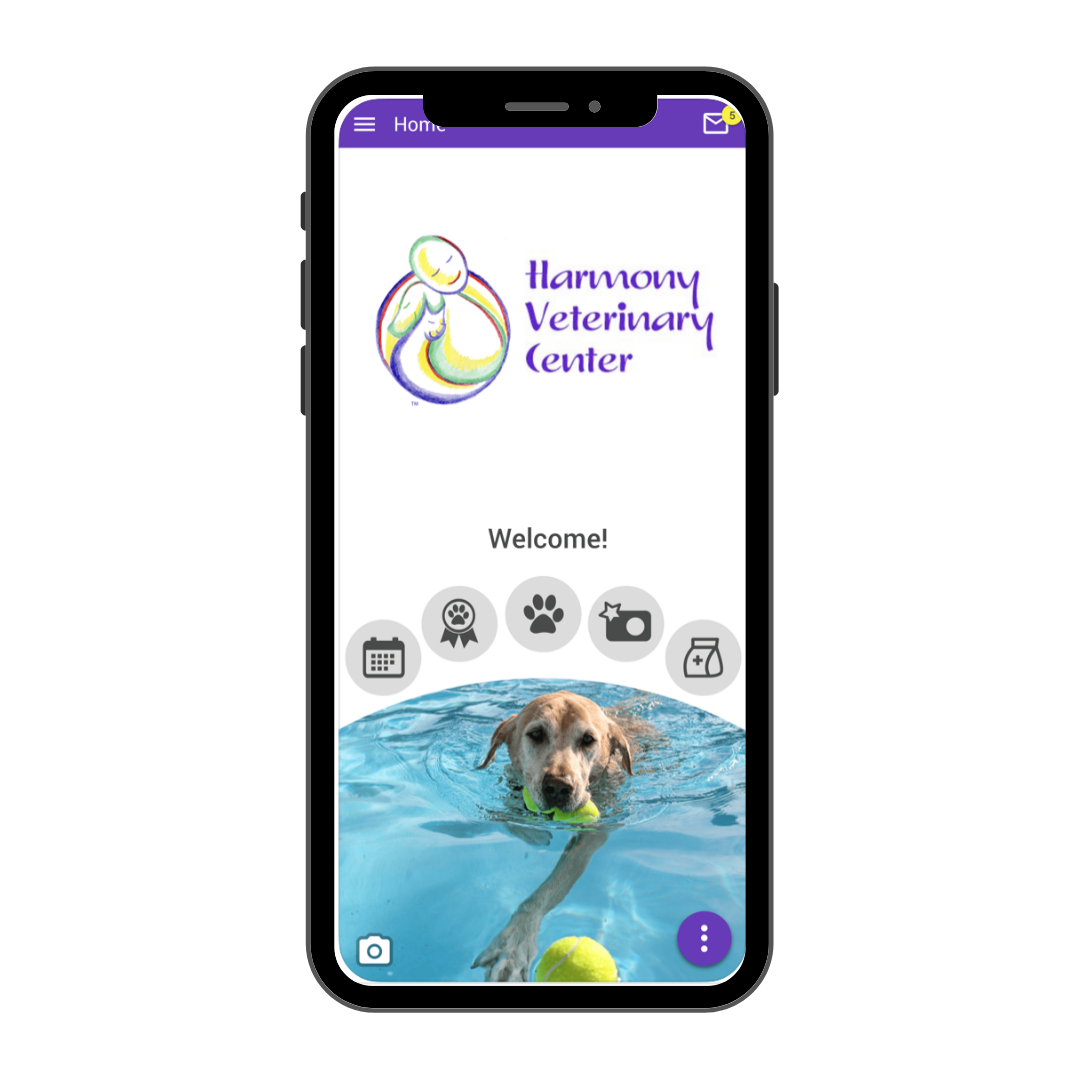Hydration Is Key
It’s a well known fact that hydration is crucial for the wellbeing of our beloved pets. Just like humans, both cats and dogs require proper hydration to support a multitude of essential bodily functions, from regulating temperature to ensuring the smooth operation of their organs.
Hydration is all about balancing water intake and loss. Pets get their water through drinking and the moisture in their food. They lose it through urine, feces, sweat, and even their breath. When water intake is less than water loss, dehydration can set in, leading to a decrease in total body water.
Dehydration can lead to serious health issues, including decreased circulation affecting multiple organs, difficulty regulating body temperature, cardiac arrhythmias, and neurologic dysfunction. Keeping our pets well-hydrated is a key aspect of their overall health. As stewards of their comfort and safety, it’s essential to understand how we can help prevent dehydration.
Cats typically need about 4 ounces of water per five pounds of lean body weight daily. For a 10-pound cat, this equates to about one cup of water each day. Cats on wet food, which can be up to 80% water, may drink less than those on dry food, who will need to drink more to meet their hydration needs.
Dogs require more water than cats, with the general guideline being about 1 ounce of water per pound of body weight each day. So, a 50-pound dog should drink about 50 ounces (just over 6 cups) of water daily. Factors such as activity level, diet, and weather conditions can affect this requirement, so it is important to monitor your dog’s water intake closely.
In cats, signs of dehydration include lethargy, weakness, poor appetite, dry mucous membranes, loss of skin elasticity, sunken eyes in severe cases.
The signs of dehydration in dogs are similar and include dry nose and gums, panting and reduced energy levels.
Dehydration in pets often results from diseases that increase water loss. In both cats and dogs, common causes include:
- Chronic kidney disease
- Diabetes
- Vomiting and diarrhea
- Hyperthyroidism (in cats)
- Increased activity levels or heat exposure (more common in dogs)
Certain medications, such as diuretics used for heart disease, can also contribute. Additionally, factors like dental issues, decreased appetite, and lack of access to water can reduce water intake.
To check for dehydration, look for:
- Dry/tacky gums
- Decreased skin elasticity (skin turgor)
You can assess skin turgor by gently lifting the skin over your pet’s shoulders and seeing how quickly it returns to place. In a well-hydrated pet, this should happen almost immediately. In dehydrated pets, it takes longer, and the skin may remain tented.
Here are a few tips to ensure your pets stay hydrated:
- Always provide fresh, easily accessible water.
- Resolve any territorial conflicts that may keep a pet away from the water bowl.
- Consider using water fountains, as some pets prefer moving water.
- Incorporate wet food into their diet or add water to their food.
- Flavor water with a small amount of tuna water or low sodium chicken broth to encourage drinking.
For dogs, additional tips include:
- Bring water with you on walks or outings.
- Offer ice cubes as a treat.
- Ensure multiple water bowls are available in different areas of your home and yard.
If you suspect your pet is dehydrated, contact us at Harmony Vet Center promptly. We can help you determine your next steps. If needed, we can provide treatment that can support your furry friend back to balanced hydration. Identifying and treating the underlying cause of dehydration is also essential for your pet’s health.
By staying vigilant and proactive, we can ensure our feline and canine friends remain happy, healthy, and well hydrated. For any concerns or questions, feel free to reach out to our team. We are here to help!



